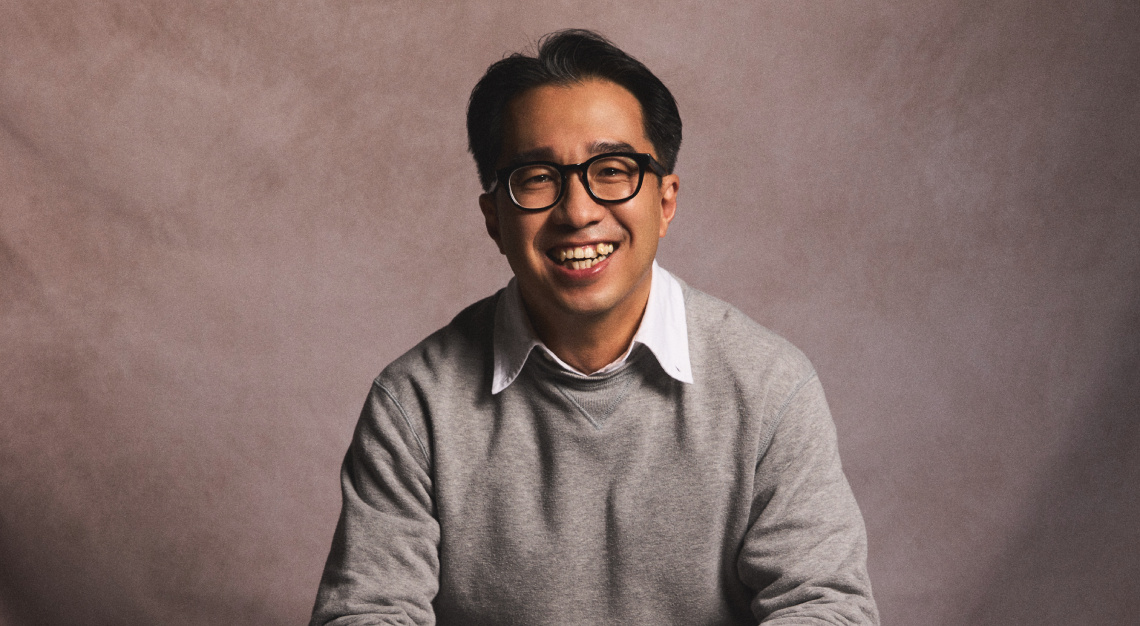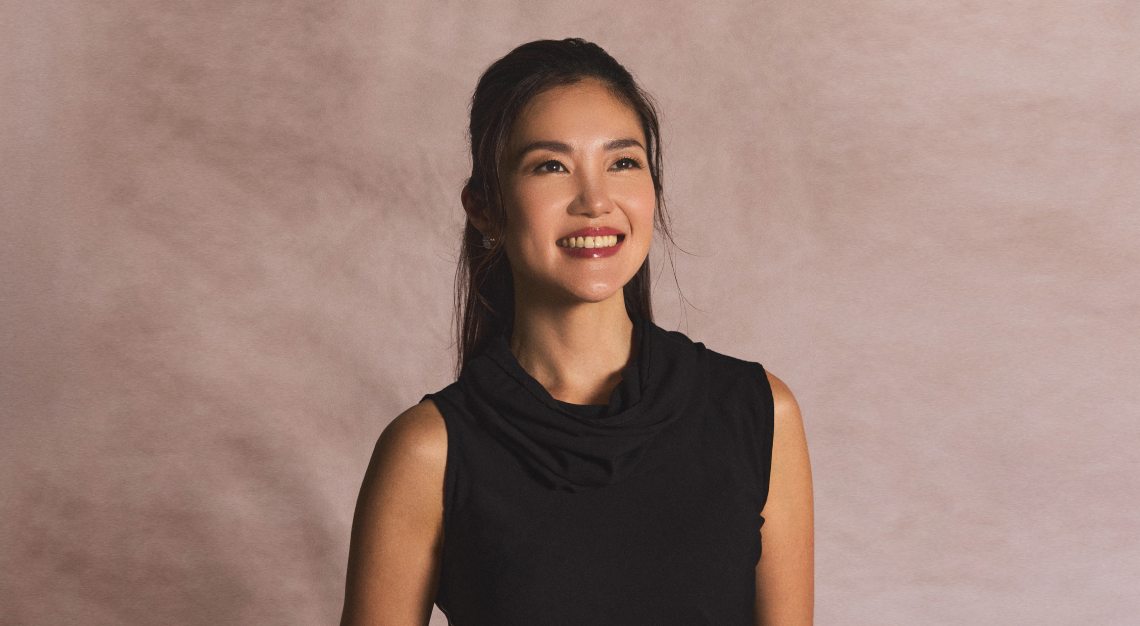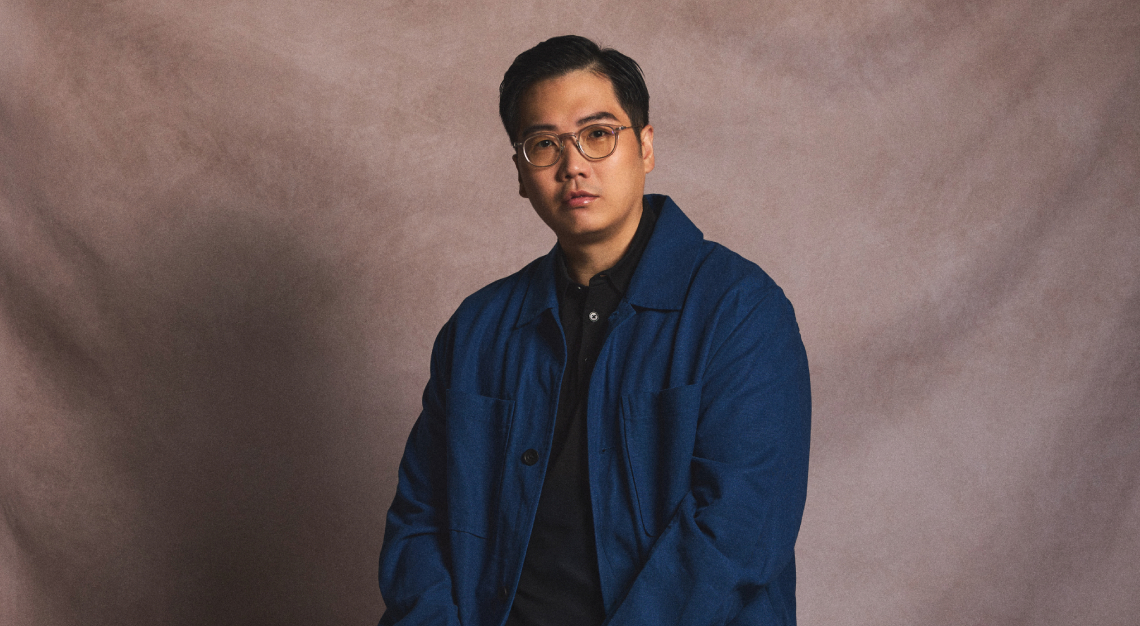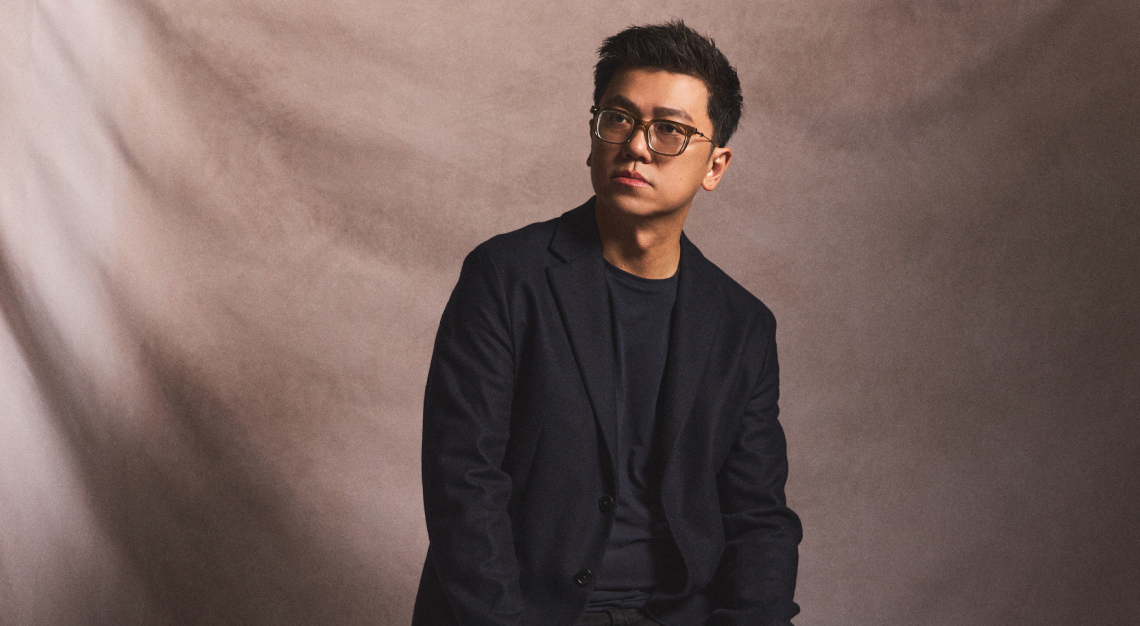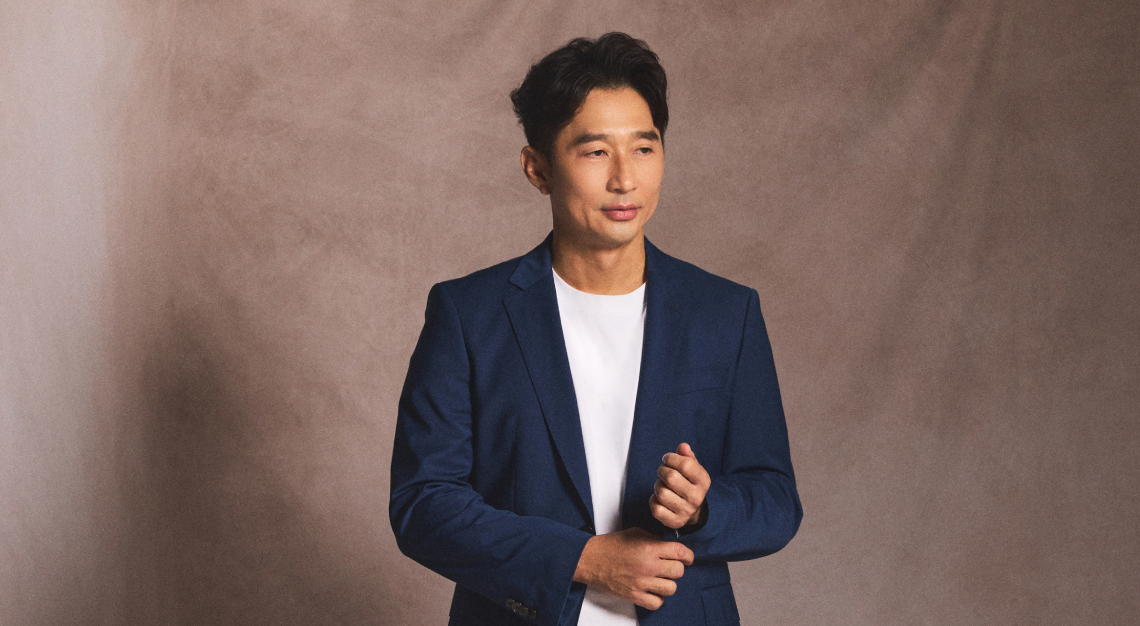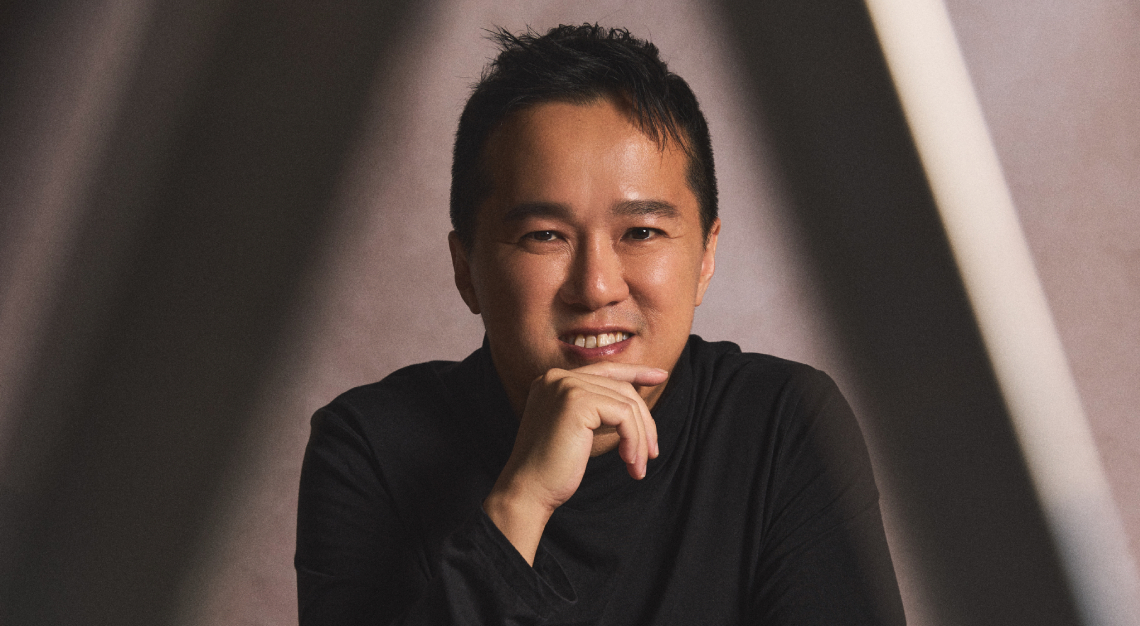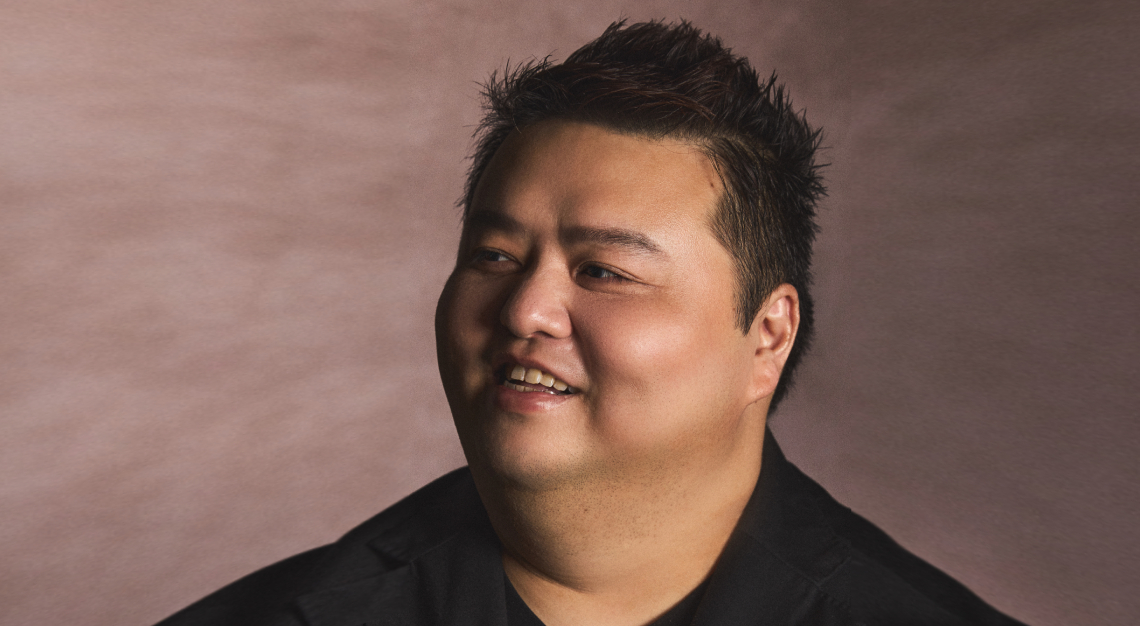“What matters is being present, doing meaningful work, and letting go when it’s time.” – Sugiharto Kusumadi
When discussing material accoutrements and talk turns to timepieces, as it often does, the conversation will, more often than not, be dominated by familiar names like Patek Philippe or Omega. If Sugiharto Kusumadi is at the table, however, consider yourself lucky and be prepared to have your perspectives expanded.
A passionate watch enthusiast who is well-versed in the aforementioned brands, Sugi (as he likes to be called) believes that top-tier horology is not the sole preserve of Swiss giants with centuries-old legacies. Driven by a desire to introduce under-the-radar, yet equally compelling, niche brands to discerning collectors, Sugi founded Red Army Watches in 2004.
A one-of-a-kind retail concept with stores in Suntec City and Ion Orchard, Red Army Watches stocks nearly 40 watch brands from around the world. These range from Singaporean names such as Azimuth and Feynman Timepieces to German labels like Alexander Shorokhoff and Laco.
In 2022, alongside fellow collector Lim Yong Keong, Sugi launched Spring Sprang Sprung—Singapore’s first watch fair dedicated to showcasing micro-brands. Known for their grassroots ownership and boundary-pushing creativity, these micro-brands now enjoy a dedicated platform where creators and collectors gather annually to exchange ideas, share their passion, and celebrate independent horology.
What aspect of the watch industry would you like to change most?
It would be the lingering snobbishness and gatekeeping. Great design, innovation, and passion can come from anywhere— not just from big names or legacy brands. I’d love to see a more open-minded and inclusive community.
What’s a new technology that you think is about to change the game in your field?
I believe augmented reality, especially when combined with AI, will play a major role in shaping the future of retail and brand experiences. It has the potential to transform how customers interact with products, whether through virtual try-ons, immersive storytelling, or AI-driven personalisation.
How have you built resilience? Could you tell us about a time when was it most tested?
I’ve built resilience through transparency. By being honest with myself, my team, and my customers, and by learning to stay calm under pressure. The biggest test came during COVID-19, when uncertainty was at its peak. Navigating that period required clarity, adaptability, and trust in the long game.
What’s something you used to believe at the start of your career that you’ve since let go of?
I used to believe that common sense would always prevail. Over time, I’ve realised that what seems obvious to one person can be completely foreign to another. I’ve come to accept that common sense is often a vague, subjective concept and not something to rely on in decision-making or teamwork.
When you’re not in the room, what do you hope people are saying about you?
I hope people say, ‘He brings a fresh perspective’. Someone who challenges the norm, sees things differently, and adds value by thinking beyond the obvious.
What legacy do you hope to leave behind?
Honestly, nothing. I don’t feel the need to leave a legacy. Everything is temporary, including names, titles, and achievements. What matters is being present, doing meaningful work, and letting go when it’s time. The impact, if any, will take care of itself.
Photography by Eugene Lee of Enfinite / Hair & Makeup by Sophia Soh of Suburbs Studio
